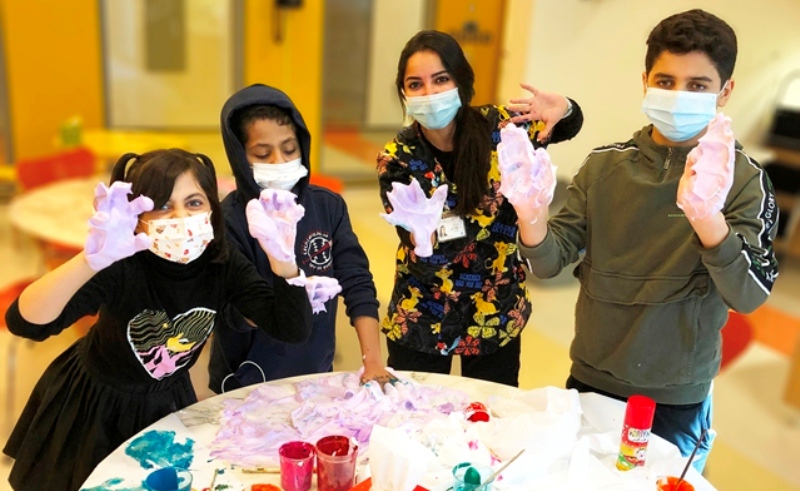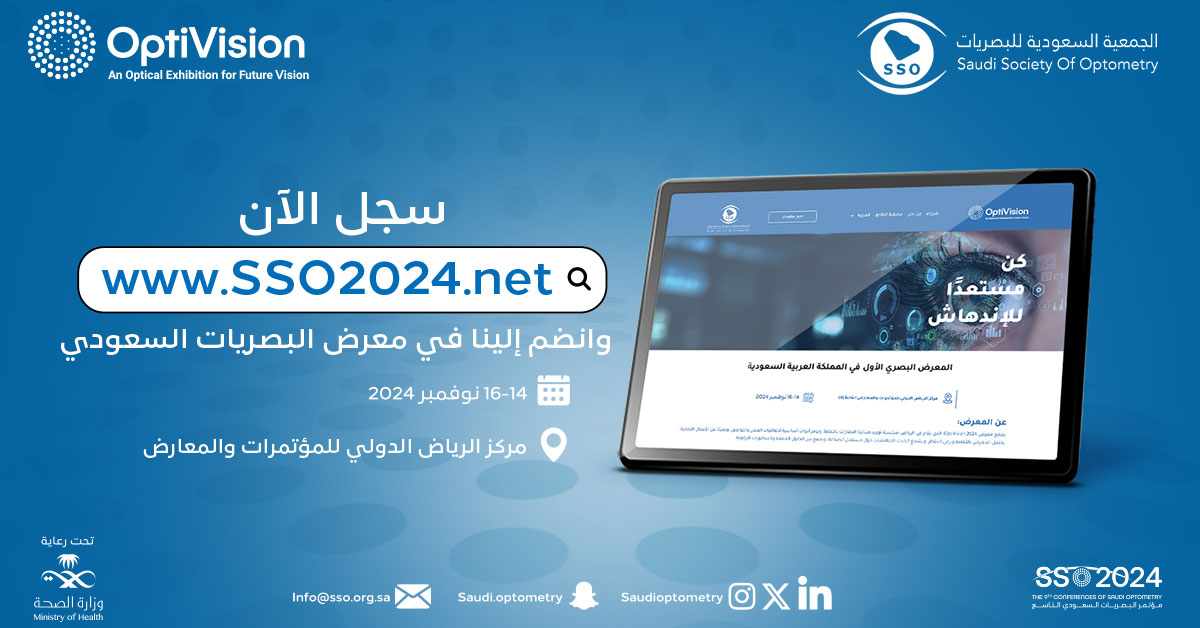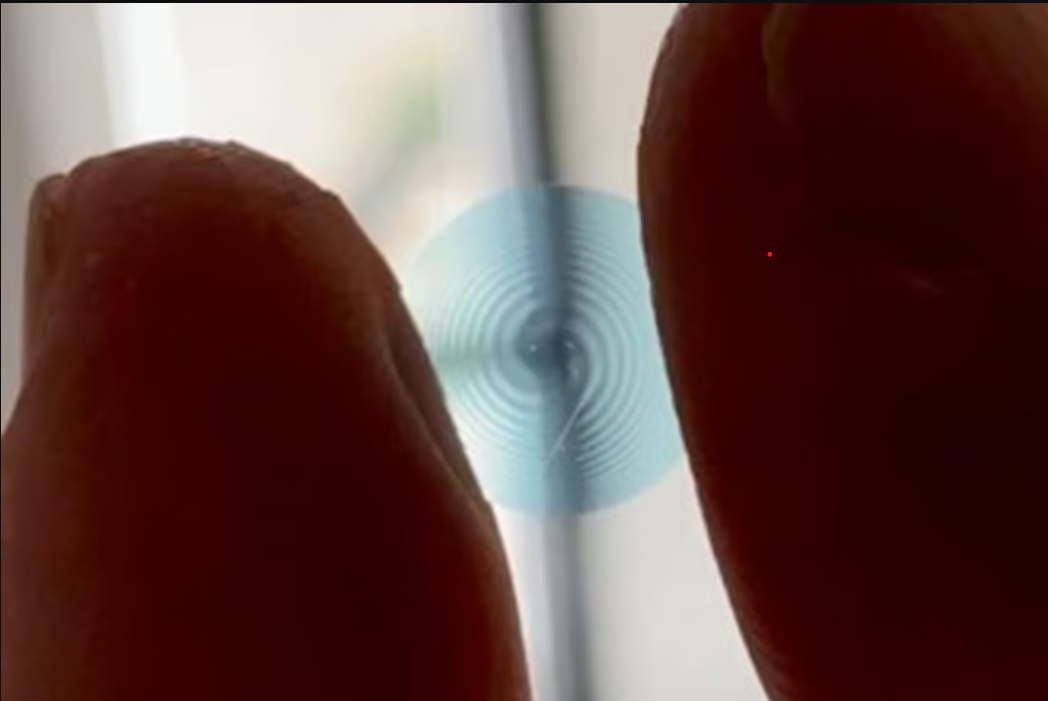
Each child has unique emotional, developmental, and social needs. Putting their needs first, as well as, their family’s is crucial in their life. This is one of the reasons that children’s hospitals nowadays are constantly innovating to adopt to the changing landscape in children’s healthcare.
In Kuwait, a young boy named Abdullah, returned from London and found out that there was no treatment or possible cure for his illness. During that moment, his mother promised him that he would never again have to stay in a hospital. To enable her to look after her son at home, she asked for support from Kuwait Association for the Care of Children in Hospital (KACCH), a local organization that offers psychosocial services for children and families in hospitals in Kuwait since 1989. From that point onwards, a team of experts were formed to manage Abdullah’s symptoms while allowing him to live a normal life as best as he could.
The organization’s leaders witnessed Abdullah’s courage and love of life as he fought through his condition. Shortly after, with the support of the wider Kuwaiti community, Bayt Abdullah Children’s Hospice (BACCH) was established. The hospice was built to specifically give children with life-limiting and life-threatening conditions the specialised care they need, while emphasizing on quality of life and optimal daily care possible. It also introduced paediatric palliative care to Kuwait, making the services available to children diagnosed with similar illnesses. Even after the invasion of Kuwait, KACCH volunteers were mobilized to care for children with the same condition, as well as raise awareness and funds to build the children’s hospice. As a result, Bayt Abdullah was officially opened in January 2012 and is considered the first and only one of its kind in the Middle East.
Abdullah’s powerful experience inspired an initiative that promotes care and support to children with serious medical needs in Kuwait. He laid to rest peacefully with his loved ones at home in April 1990, but he most certainly left behind a legacy.
Read about Abdullah’s legacy in the upcoming issue of Eyezone Magazine.



